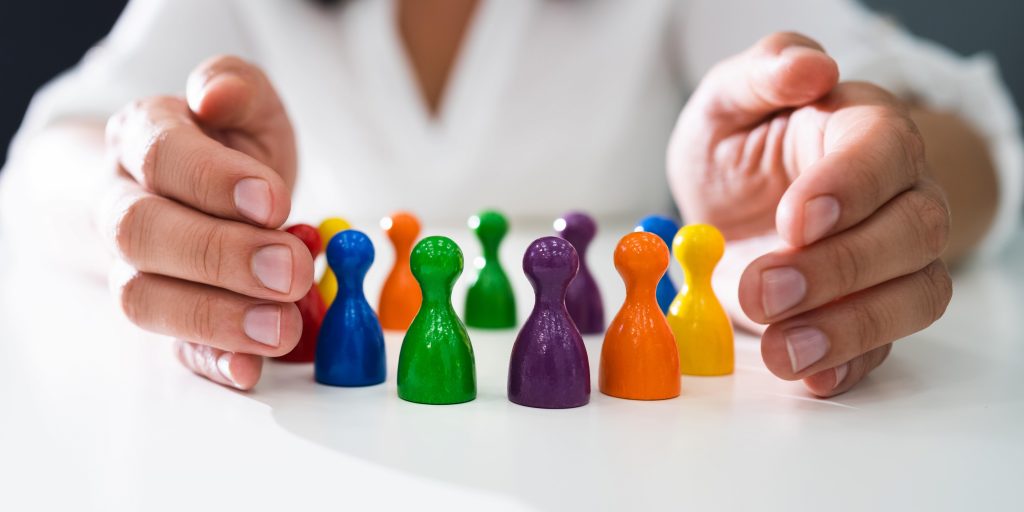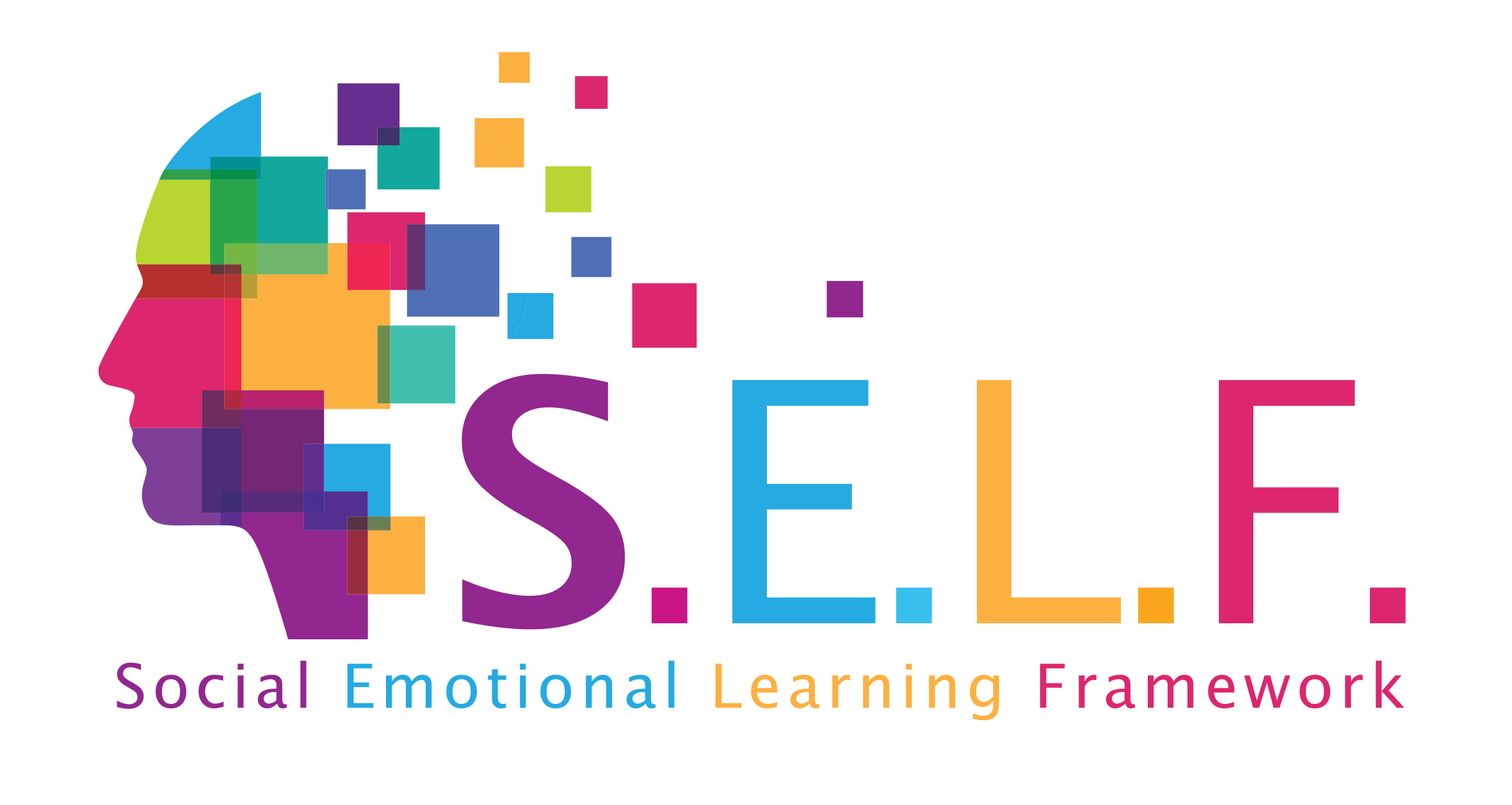SOCIAL RELATIONSHIPS
What Is a Social Relationship?
Why Is It Important?
Best Practices
What Is a Social Relationship?

We tend to accept school within the triangle of student, teacher, and parent, while tending to the academic-social-emotional development of the children “that we know”. However, whatever a good school, responsible educators, and conscious parents wish for their own students/children, they should actually wish the same for all of the students/children in the society. This is because one cannot treat schools separately from the society. The role of a well-developed school, advanced education, and high awareness on the growth and development of the society is undeniable. Likewise, education may not take place if it fails to embrace social values and address the social issues. Students who undergo education that overlooks the society would undoubtedly be incapable of adapting and contributing to the society after they graduate. Establishing a close collaboration and cooperation between the school and society is a must of our era.
The social structures in our era consist of groups with different ethnicity, religion, and socioeconomic status. School serves the common ground for such rich diversity. The first step to be taken by schools, before establishing relationships, would be to know the diversity in a society, and understand its traits, components of balance of power, and traditions.
The relationship between the school and society is one that is of cooperation and partnership built among the school, society, business realm, and other members of the society for the shared success of each party. As educational organizations, schools should not be isolated from the social structure and environments they are part of.
Schools are an integral part of the educational system and continuously interact with their society. This is a bilateral interaction:
- Schools contribute to the development of the society
- And the society supports education
This two-way interaction has significant influence throughout the term of education.
The social service efforts undertaken at schools are among the activities that positively contribute to the school-society relationship. Schools can organize various social service activities to interact with the diverse groups of the society. Social services efforts aimed at the disadvantageous groups around the school and in the society, such as disabled people, senior citizens, minorities, asylum seekers, and the refugees may involve the participation of teachers and parents, as well. Such efforts not only offer an opportunity for student to contribute to the efforts to raise awareness across their environments and the society, but also help them develop cooperation, solidarity and effective communication skills.
Why Is It Important?

The school-society relationship must be organized in a planned manner. The school and the society must find a common ground and undertake joint projects. This is because:
- Students’ success level rises and they adapt in healthier ways when collaboration between the school and society is facilitated.
- The school ensures connection between the members of the society.
- Collaboration is built to achieve the academic and social objectives of the school.
- It contributes to students’ increased learning opportunities.
- It creates personalized learning experiences tailored for students.
- It promotes an inclusive school community.
- It creates the opportunity to share responsibilities.
- Students’ positive perception of school and trust is boosted with the participation of the families.
- It enables students to convey their learnings acquired at school education along with their knowledge to daily life and use them to benefit the society
